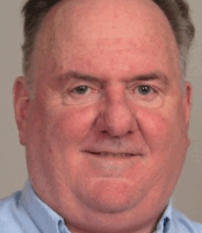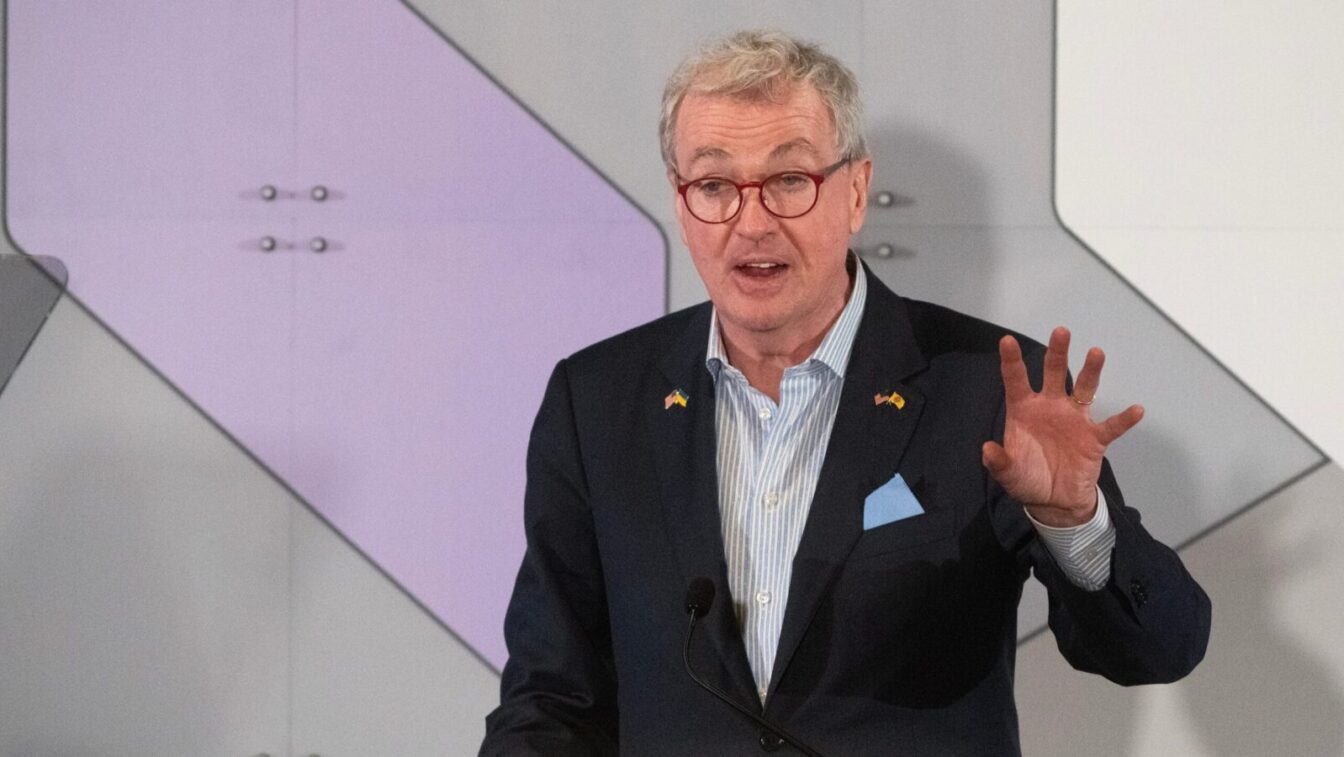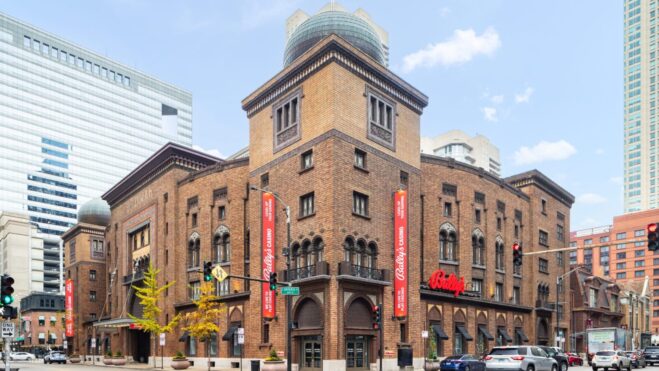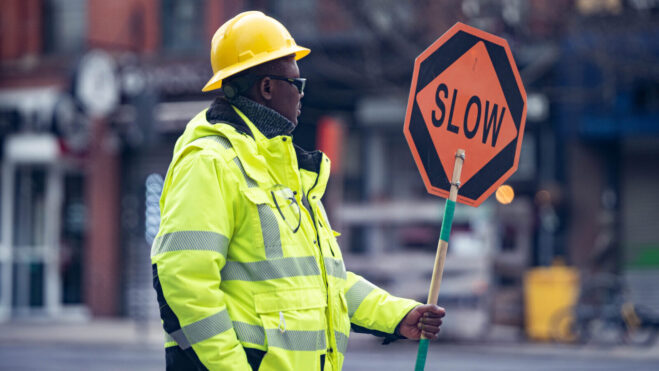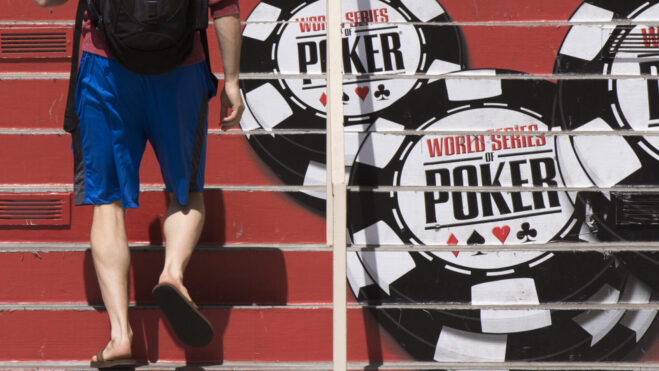While Industry Opposes Gambling Tax Hike, Majority Of New Jersey Residents Support It
According to poll, higher taxes on operators are preferred way to address state’s deficit
2 min
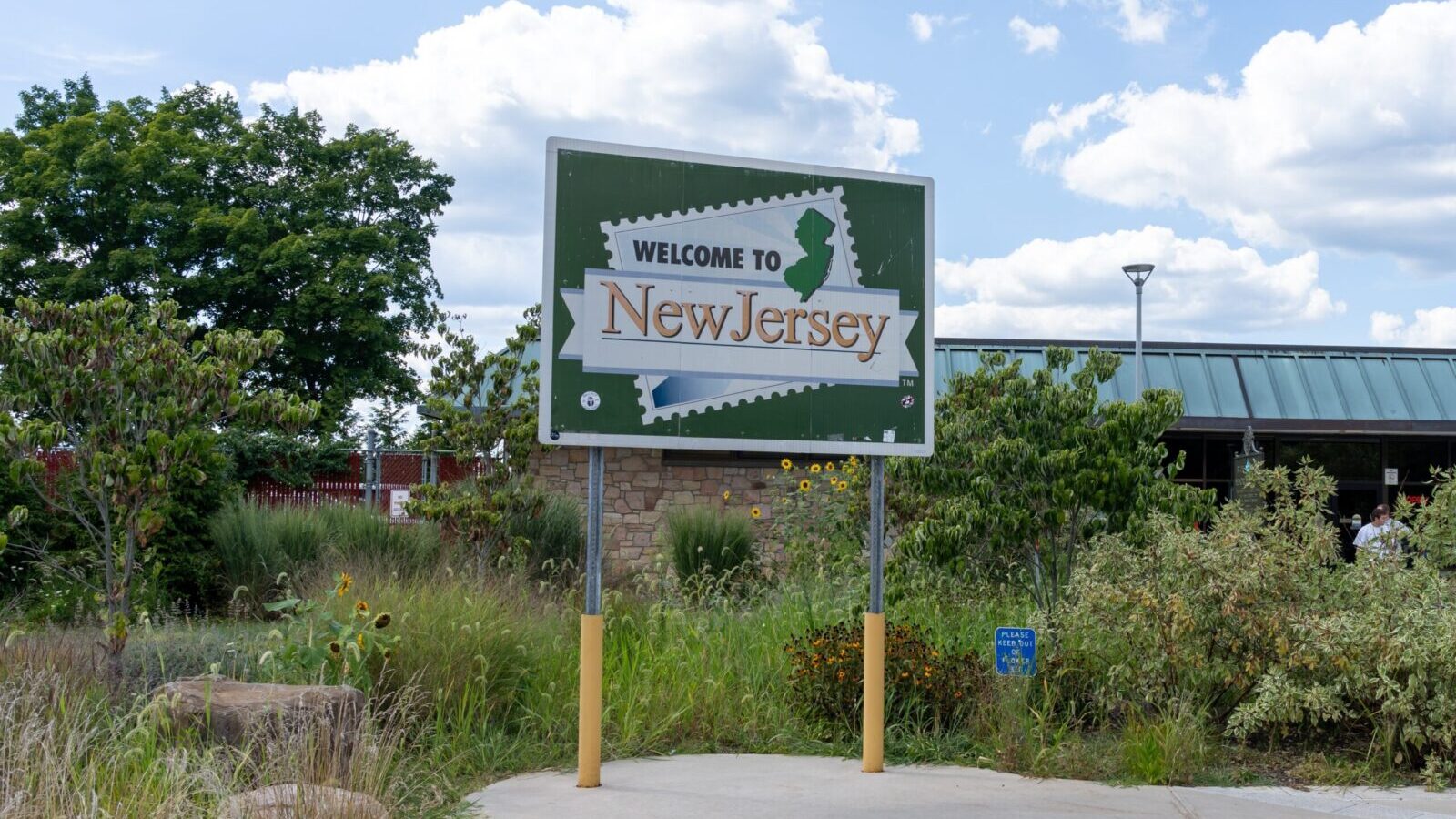
A poll released last week by the William J. Hughes Center for Public Policy at Stockton University produced responses from participants who were informed that New Jersey lawmakers are seeking to address the state’s budget deficit by increasing revenue and/or reducing spending.
And for those in the online gambling industry, the results were less than ideal.
Of six revenue enhancement ideas and five spending cut concepts, the most popular choice was “raise taxes on online [casino] gambling and sports betting” — chosen by 58% of respondents.
That edged out “raise taxes on wealthy individuals,” which found approval by 55% of those surveyed.
Poll participants align with the governor
Gov. Phil Murphy last month in his annual budget address recommended virtually doubling the online casino gaming and mobile sports betting tax rates to 25%, and he did not indicate any change of heart in his luncheon speech before the East Coast Gaming Congress at the Hard Rock Casino in Atlantic City last week.
The governor’s office has estimated that the boost would raise an estimated extra $402.4 million annually to the state budget.
“In an election year, especially, it’s important to understand where the voters stand on some of the top issues in New Jersey,” said Hughes Center Head of Research Alyssa Maurice. “This gives policymakers a blueprint.”
The “raise revenue” ideas generally were more popular in the polling than the spending cut proposals, with raising taxes on alcohol and cigarettes (49%), boosting taxes on corporations (48%), and raising taxes on real estate transactions over $1 million (43%) each also topping any spending cuts.
The most popular choice from the latter list was “cut the number of government employees” (37%), which enjoyed 73% support from Republicans but just 9% from Democrats surveyed.
As for online gambling taxes, it is notable that 85% of respondents said they have not gambled online in the past year, while 8% rarely have and only 7% replied they “sometimes” or “often” wagered online.
“Online gambling rates are still pretty low among voters at-large, so that helps shed some light on why that’s a tax hike they’re largely fine with,” Maurice said.
A doubling of the tax rate on online gambling also would only affect the small number of participants in indirect ways, such as fewer promotions and other incentives.
New Jersey politics
The poll results could influence lawmakers who have until June 30 to finalize a budget in concert with the governor.
Both major political parties are holding contested gubernatorial primaries this year as Murphy leaves office after his maximum two terms, so it is notable that 65% of Democrats and 63% of independents support the gambling tax hike proposal. That contrasts with a more modest 40% of Republicans who support it, according to the poll.
Jane Bokunewicz, faculty director of the Lloyd D. Levenson Institute for Gaming, Hospitality and Tourism (LIGHT) in Stockton’s School of Business, said that current online gambling taxes of 13% and 15% stand out among the lower end of rates nationwide. Pennsylvania and New York tax rates are significantly higher than even the 25% that Murphy is proposing.
Bokunewicz added that a drop in brick-and-mortar casino revenue from an online gambling tax hike — since those properties share in the online gambling revenue with their partners — conceivably could jeopardize employment levels at the casinos.
The only revenue-enhancing suggestion that was soundly rejected was “new taxes on recreational activities such as laser tag and bowling.” Only 11% of those polled supported that concept.
The poll of 667 registered voters has a margin of error of +/- 3.8 percentage points.
